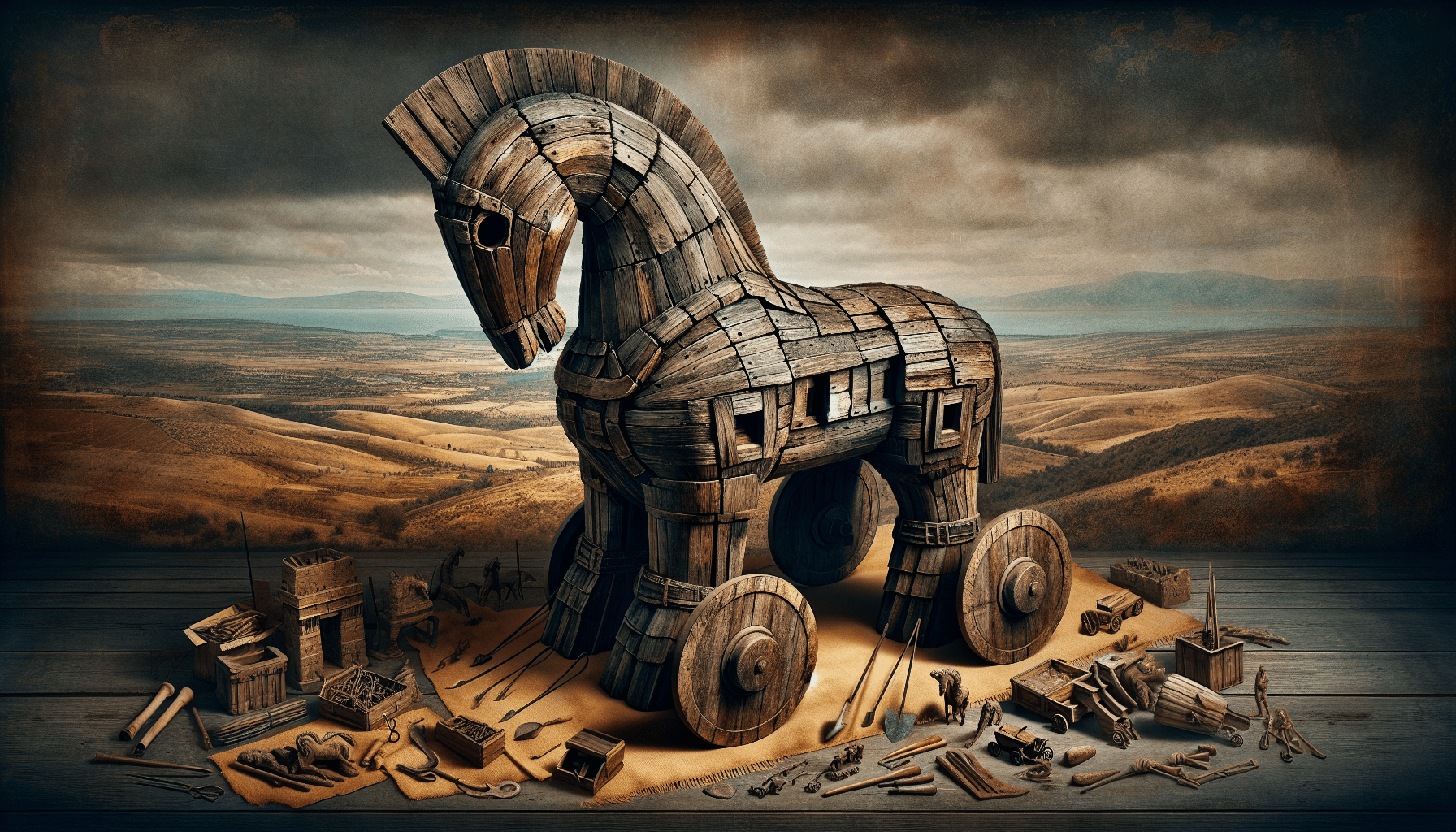Welcome to an exciting journey into the fascinating world of archaeology and history! In this article, we will explore Turkey’s crucial role in the discovery of the ancient city of Troy. You will learn about the archaeological digs that uncovered this legendary city, the historical significance of Troy, and the impact of these discoveries on our understanding of the ancient world. So sit back, relax, and get ready to be amazed by Turkey’s incredible contributions to uncovering the mysteries of the past.

